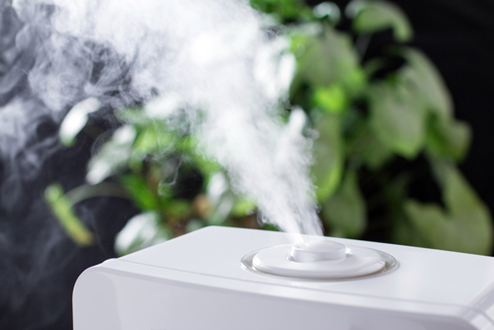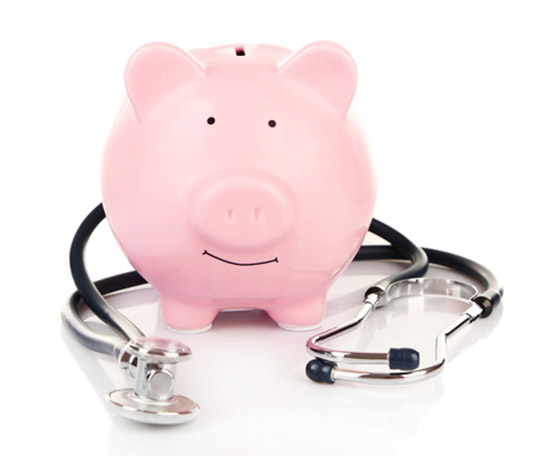The Benefits of Humidity
Keeping Indoor Air at 40 – 60% relative humidity will help you feel better in your skin and reduce your risk of flu, COVID-19, and other respiratory illness. Every Fall, when the heater comes on, my skin, respiratory passages, and hair dry up. It’s time to get out the humidifier. We run it 24/7, all … Read more


